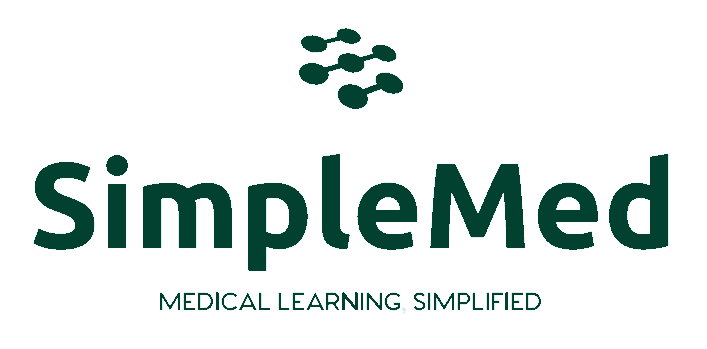
1. Development of the Gastrointestinal Tract
- Be aware of the structure of the gastrointestinal tract
- Understand the foregut, midgut, hindgut classifications and their boundaries
- Understand the basic anatomy of the gut, including the mesenteries and omenta
- Understand the concept of peritoneal and retroperitoneal
- Understand the embryological development of the gut and how it relates to its function











